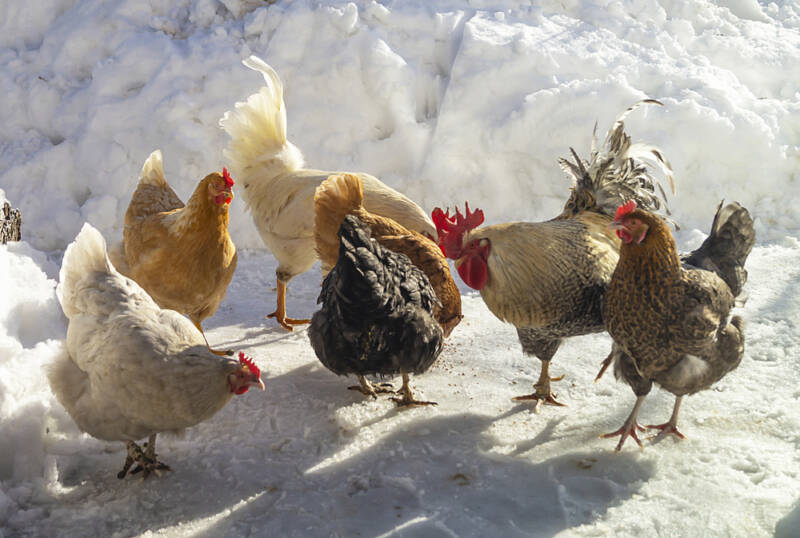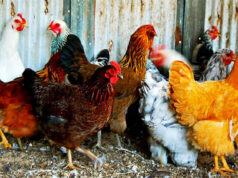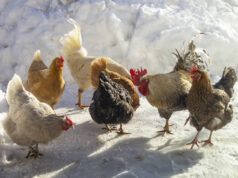Raising chickens can be rewarding, but it also comes with its challenges. One key challenge is recognizing and understanding chicken disease symptoms. Knowing these symptoms can help you act quickly and appropriately, ensuring the health of your flock.

What Are Chicken Disease Symptoms?
Recognizing chicken disease symptoms is crucial. Symptoms may vary and often depend on the specific ailment affecting your chickens. A general understanding of potential issues can significantly aid in early detection and treatment.
Common Respiratory Symptoms
Respiratory diseases are quite common in chickens and can present various symptoms. Look out for:
- Coughing and sneezing
- Nasal discharge
- Labored breathing
- Swollen eyes
For more details on respiratory issues, you can refer to PetMD’s Chicken Care Sheet.
Digestive Issues
Digestive problems can also afflict chickens. Symptoms might include:
- Diarrhea
- Lethargy
- Loss of appetite
- Swollen crop
Skin and Feather Problems
Issues with skin and feathers are also indicators of disease. Some symptoms are:
- Feather loss
- Scaly legs
- Unusual sores or bumps
Behavioral Symptoms to Watch For
Changes in behavior often accompany physical symptoms. Be vigilant for:
- Withdrawal from the flock
- Dull or unfocused eyes
- Unwillingness to move
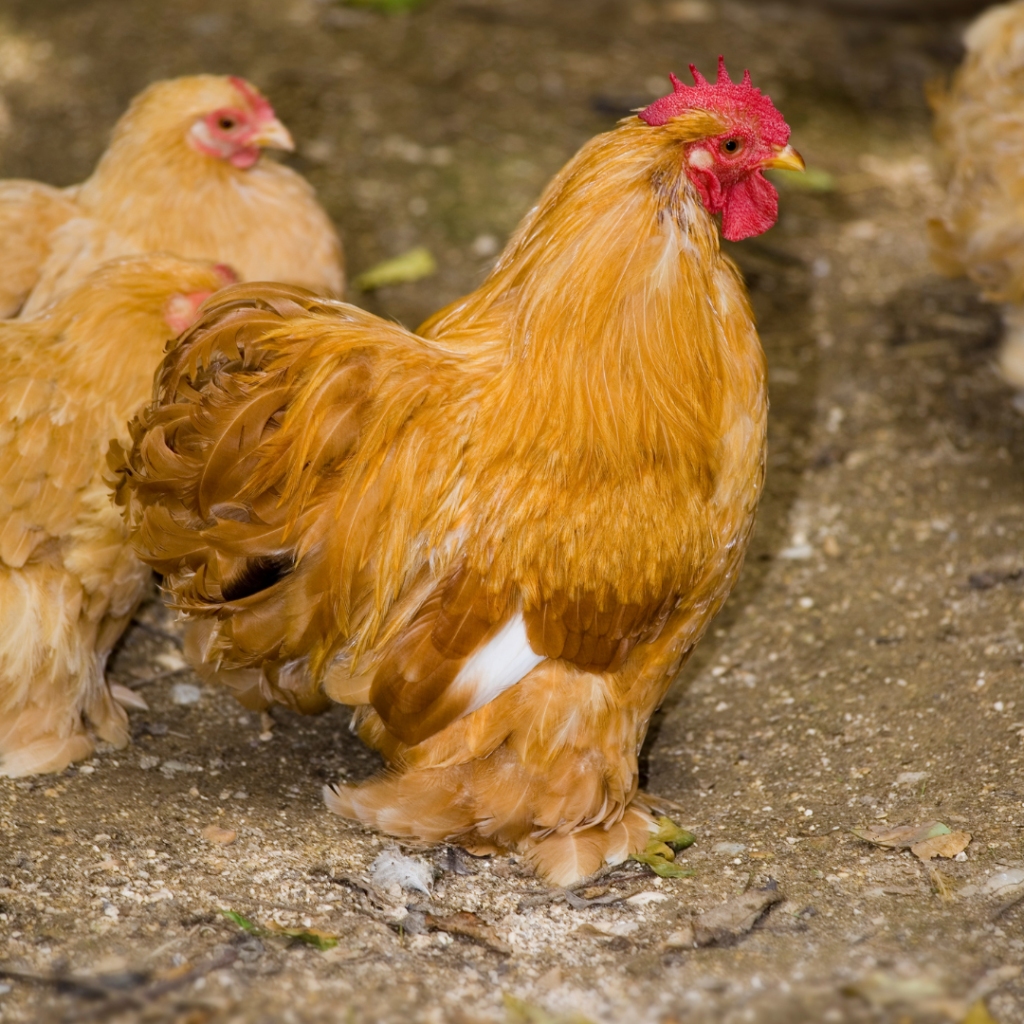
Diagnosing Chicken Diseases
Proper diagnosis is key. You may need to consult a vet if you recognize multiple symptoms. The earlier the diagnosis, the quicker you can start treatment and potentially save your chickens.
Common Chicken Diseases and Their Symptoms
Understanding specific diseases can also aid in quick diagnosis. Some common diseases include:
1. Avian Influenza
Symptoms include:
- Sudden death
- Decreased egg production
- Swelling
- Purple discoloration
2. Marek’s Disease
Look for:
- Loss of weight
- Paralysis in wings or legs
- Gray irises
3. Coccidiosis
Symptoms are:
- Bloody diarrhea
- Emaciation
- Pale comb
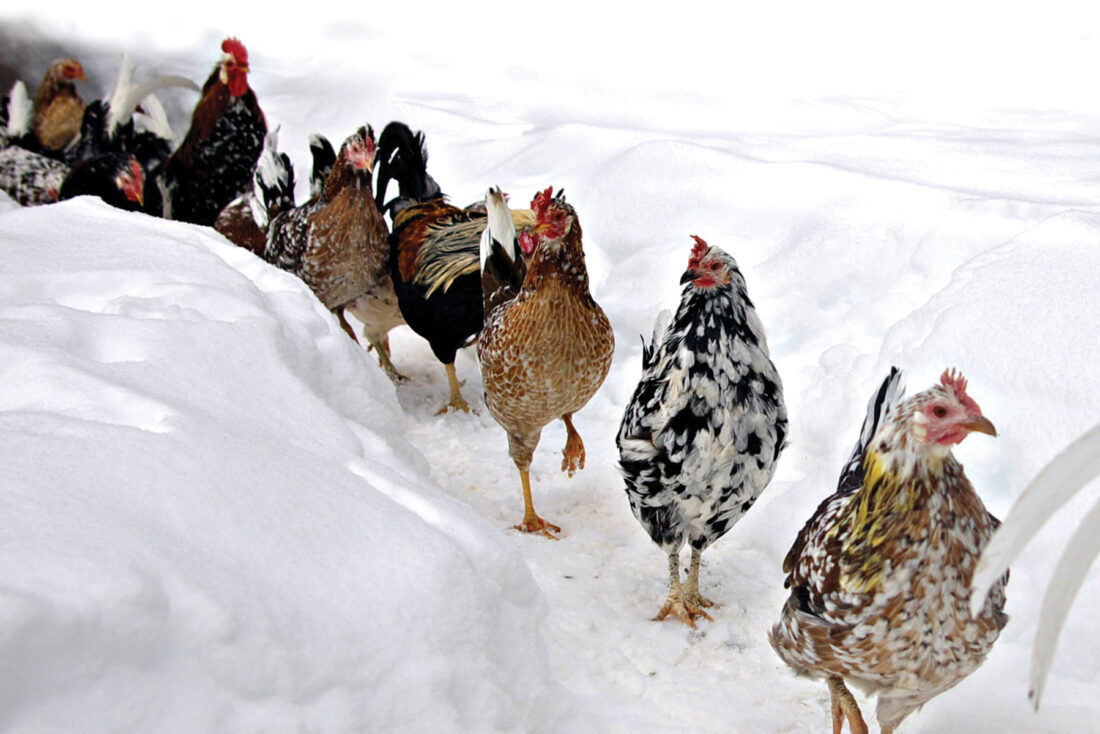
Prevention Is Better Than Cure
Prevention can save you from dealing with chicken disease symptoms altogether. Regular cleaning, proper feeding, and vaccinations are paramount. Learn more about different chicken breeds and their specific needs through our own articles, such as How Much Does Chicken Feed Cost?
Maintaining Cleanliness
Always ensure your coop is clean. Dirty environments can be breeding grounds for diseases. Regularly clean and disinfect the area.
Proper Diet and Nutrition
A balanced diet can prevent many health issues. Ensure your chickens have access to clean food and water. Curious about what breeds lay jumbo eggs? Check out What Breed of Chicken Lays Jumbo Eggs?.
Vaccinations
Vaccinations are essential in preventing many common diseases. Consult with a vet for a vaccination schedule tailored to your flock’s needs.

Conclusion
Understanding and recognizing chicken disease symptoms can save your flock from severe health crises. Regular monitoring, maintaining cleanliness, and providing proper nutrition and vaccinations can go a long way in ensuring your chickens stay healthy and happy.
FAQ
What are the first signs of illness in chickens?
Early signs often include changes in behavior, such as lethargy, decreased appetite, and withdrawal from the group.
How can you tell if a chicken has a respiratory disease?
Look for coughing, sneezing, nasal discharge, and labored breathing.
What should I do if I suspect my chicken is sick?
Isolate the chicken and consult a vet as soon as possible for proper diagnosis and treatment.
Can chicken diseases spread to humans?
Some diseases are zoonotic, meaning they can spread to humans. Proper hygiene and handling are essential to minimize risks.
As an Amazon Associate, I earn from qualifying purchases.
